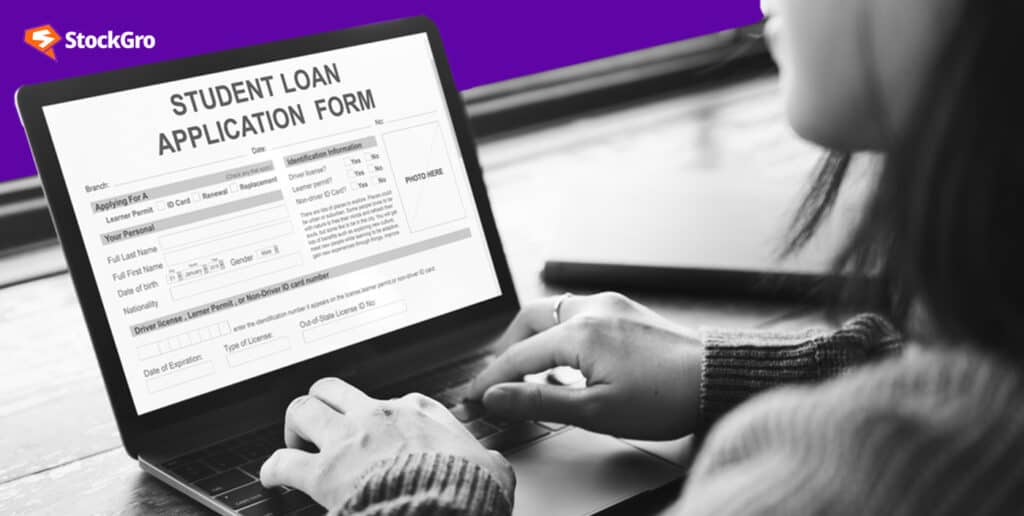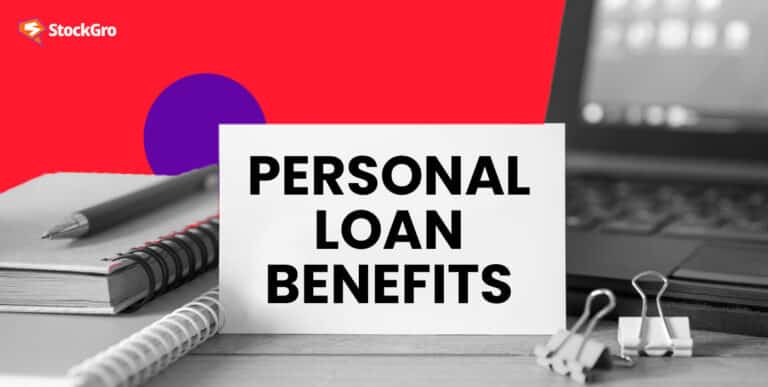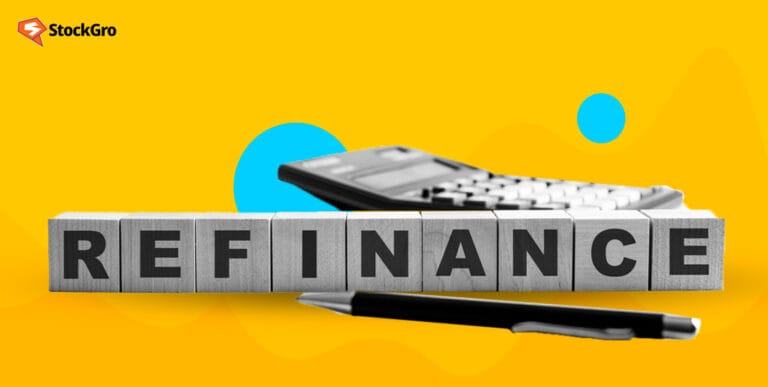
Are you planning to pursue further education but struggling to cover the expenses? Are you tired of searching for scholarships and grants with no luck? Don’t worry, you’re not alone. Many students face financial challenges when it comes to financing their education. However, there is a solution – personal loans. In this comprehensive guide, we will dive into the steps of applying for a personal loan specifically for education purposes. So, let’s get started.
What is a personal loan for education?
Can I use personal loan for education? A personal loan for education is one type of loan that you may utilize to pay for your schooling or college. It can be used to pay for books, tuition, living expenses, and further educational fees. While student loans are designed specifically for students, personal loans have wider latitude with regard to eligibility and application conditions.
You may also like: Simplify your financial life with debt consolidation: A complete guide
Benefits of personal loan for education purposes
- Flexible Use of Funds
A major benefit of personal loans in education is the flexibility the borrower gets to use the money as needed. This means they are a form of education financing that differs from those specifically allocated to education, like student loans, which can only be used for a few education-related expenses. It can be tuition fees, textbooks, equipment, or even living expenses, and a personal loan will handle all of these.
- No Collateral Required
Personal loans in most cases, don’t require collateral, which makes them available to the majority population. That means there is no need to offer collateral like your home or car to cover the loan. A direct loan is the only option that students with limited assets can consider for financial education.
- Fast Approval Process
Quick approval is another benefit of personal loans. If you satisfy the lender’s criteria and have a good credit history, you can get your application approved in as many as a few days. With this pace, one can be critical, especially when it comes to sudden educational needs and deadlines.
- Competitive interest rates
When it comes to personal loans, most lenders offer cheap interest rates, especially to clients with clean credit records. Generally speaking, credit cards and other high-interest financing choices have higher interest rates than personal loans. Over the course of the loan, this results in lower interest payments.
- Adaptable Terms of RepaymenT
The repayment terms of personal loans are typically flexible, allowing borrowers to select a repayment schedule that works with their budget and other financial concerns. Moreover, there are options for personal loans that might meet your needs, whether you’re seeking longer-term loans with lower monthly payments or shorter-term loans with greater payments each month.
How to apply for a personal loan for education?
- Have details of your financial assessment
First and foremost, study and go through all your financial needs, which are aligned well with your education plans. In this process, try and count on every expense involved in your education, including money used on textbooks tuition fees, accommodation, transportation, along with additional costs. So, having detailed access to your financial needs for a personal loan will give clarity regarding the requirement of money, covering your education.
- Ensure details of your credit score.
Note that having a good credit score is important, as it plays an important role in obtaining a personal loan, especially when it is about educational needs. Usually, lenders rely on your creditworthiness and ensure the interest rate and other loan terminology, making loans easy and smooth. So, your credit score must be in good shape if you are applying for a personal loan.
- Potential Lenders Study
One should know about their lenders and do some digging about them. Several lenders curate loans as per the requirement of the individual for educational needs. Therefore, you should look into the factors like interest rates, loan amounts, repayment terms, and associated fees. So, compare all the options and get a loan from the best option available.
- Collect Necessary Documents
Ensure that you have all the necessary documents before you apply for a personal loan for education. Mostly, the documents include identity proof, bank statements, and evidence of income. These documents will increase your chances of getting a loan and will ease the application process.
- Complete the Application
Once you have all your documents ready and have selected a lender, just head on to the application form. Ensure all the information is accurate and proofread before submission. You may be asked to furnish further information or documents as well.
- Await Approval
The waiting game starts once your application is submitted. Be patient, as approval times can differ based on the lender. Your bank account will receive the loan amount immediately if your application is accepted.
Also Read: The hidden costs of freedom: Foreclosure charges on personal loans
Eligibility criteria of an education loan
- You must be an Indian citizen to apply for an education loan
- Must have secured around 50% marks in the previous board exams
- The educational institution from where you have studied must be recognized by the UGC
- Individuals applying for loans must not have an active education loan account.
- The student’s age must be between 21 years to 60 years.
Tips for getting approved for a personal loan for education
Here are some tips to increase your chances of getting approved for a personal loan for education: –
- Increase your credit score by paying off loans and bills by sticking to timely payments.
- Must have a regular income, which will verify your ability to pay back the loan.
- Think about having a cosigner in the event your credit score is low or if your credit score has not been built.
- Compare interest rates and loan (or mortgage) terms from various lenders to find the one that best suits your needs and financial status.
- Be straightforward; do not lie or provide wrong information to avoid the delay or denial of your application.
Also Read: Unsecured loans: How does it impact the borrower?
The Bottom Line
Personal loans can be a good substitute for paying educational expenses, offering flexibility, freedom, and possibly lower interest rates. So, for best results, follow the proper procedures and tricks, and you can raise the likelihood of being granted your education and further your studies. Remember that you should borrow what you need and shop around the various lenders to get the cheapest deal for you.

